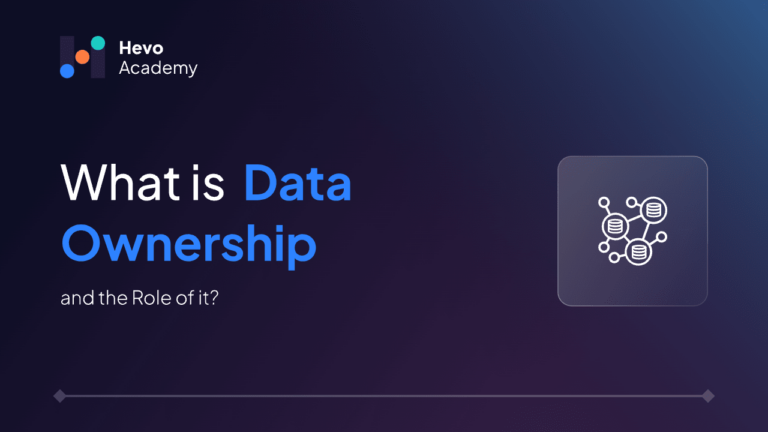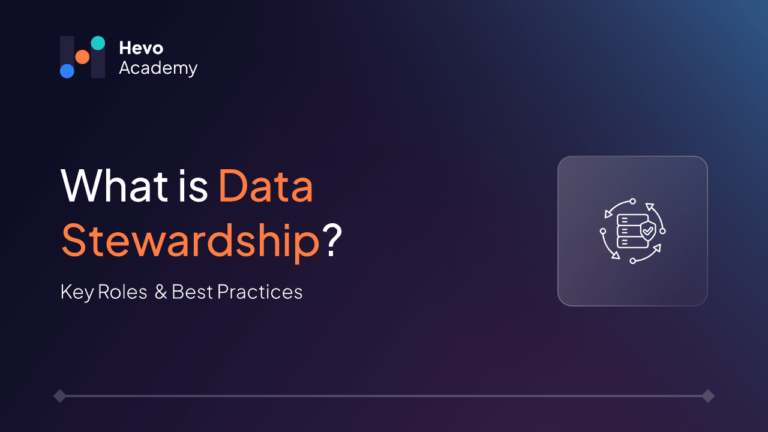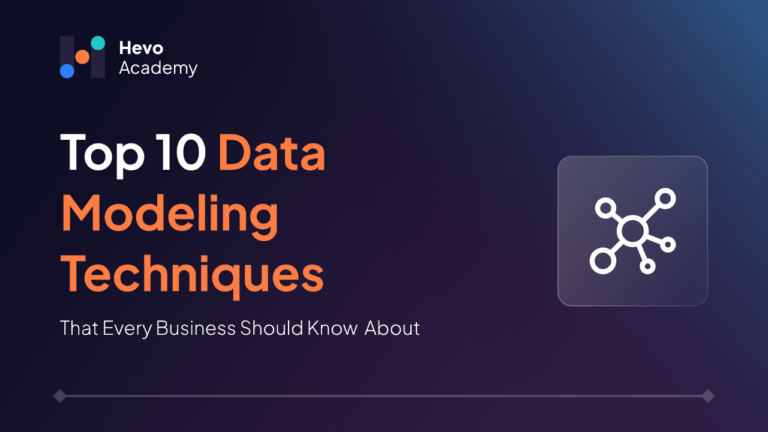The amount of data generated in today’s world is substantially outsized. Due to advancements in technology, organizations generate large amounts of data. The use of social media also plays a huge role in generating large volumes of data. A research paper titled ‘Data Ownership: Who Owns ‘My Data’?’, asserts that it is important to raise awareness and trigger debate for policymakers and the need to improve existing data protection and privacy laws.
Table of Contents
This blog explores the significance of data ownership, its impact on business operations, and the challenges organizations face in defining and managing it. We will also discuss how the role of key stakeholders can inspire innovation, safeguard privacy, and cultivate trust among teams.
What is Data Ownership?
With well-defined at its core, data governance has become the new superhero of the corporate world. Data ownership involves setting policies and procedures related to data and implementing and managing those policies. A single person in an organization cannot understand everything about data and manage it accordingly, so business users need to be involved. One of the key roles in the data governance framework is that of the data owner, hence, the term ‘Data Ownership’. The below diagram gives an overview of how data ownership works:

Why is Data Ownership Important?
- Makes collaboration easier and reduces data challenges
When data owners encourage cross-functional cooperation instead of working in silos, teams can share best practices, insights, and data governance issues. This collaborative approach helps organizations improve collective knowledge and promote creativity. It helps cultivate a culture of data-driven decision-making. - Building trust and transparency with clear data ownership
When data ownership is clearly defined, it removes any confusion and builds trust within the organization. Employees always know exactly who to contact for support, decision-making, or any data-related questions. This clarity helps cut down on unnecessary work, makes data management smoother, and encourages better collaboration and communication across teams. - Informed decision-making
Data ownership allows organizations to make well-informed and data-driven decisions. Data owners have a deep understanding of data management, its context, and its usage across the organization. The data owners’ expertise helps them contribute meaningfully to strategic decision-making so that decisions are made based on accurate information. - Driving innovation and value creation
Organizations invest in enhancing data accessibility and quality when they have a clear understanding of data ownership. Ownership empowers you to use your data responsibly for potential financial gain. New revenue opportunities get unlocked. Data ownership adds value to both individual stakeholders and society by encouraging ethical management practices.
Challenges of Data Ownership
As discussed in the earlier section, it has a lot of benefits. However, it also brings significant challenges that must be addressed. Here are a few challenges listed below:
- When data is predominantly controlled by a limited number of individuals or organizations, their perspectives can result in biased outcomes. Organizations must proactively resolve biases and ensure that the data remains impartial. There should be no bias in representing the data, and there must be diversity in viewpoints.
- The rapid evolution of technologies such as blockchain and the Internet of Things adds complexity. The organization must stay ahead of technological advancements, stay updated with innovations, and adapt to their implications.
- Implementing effective data ownership frameworks requires significant investment in technology, skilled staff, and security measures. Organizations need to plan their resources wisely to balance the advantages with the expenses of setting up governance systems. For businesses with limited budgets, maintaining data security throughout its entire lifecycle can be especially challenging.
- It can be difficult to determine who owns data, especially when collected from several sources. This complexity is increased by the constantly shifting legal environment surrounding data ownership, which makes it challenging to maintain compliance across several jurisdictions.
- It requires careful consideration to strike a balance between protecting personal privacy and promoting collaboration and data sharing. While maintaining this balance is crucial for responsible data practices, enforcing ownership rights and ensuring ethical data usage across all parties can be challenging.
Who should control Data Ownership in your organization?
Senior managers, department heads, subject matter experts, and others with in-depth knowledge of particular data domains should be given ownership in a business. They are typically responsible for managing the quality, accessibility, and use of data in their areas. They need a solid mix of business understanding and technical expertise. Not only do they need to know how data fits into the larger business picture, but they also need to be familiar with the technologies and systems that support data management. To ensure data is used correctly and aligns with the company’s goals, data owners must also be good communicators, helping to connect technical teams with business users. This ensures that data is handled efficiently and responsibly.
Conclusion
Data ownership might sound like a tricky legal matter, but it is the key to managing data effectively. It sets clear responsibilities, promotes teamwork, and helps teams make better decisions. While challenges like figuring out who owns what, balancing privacy rights, and keeping up with new technologies can arise, having a solid data governance framework brings huge benefits.
By putting the right people in charge—those who have the technical know-how, business sense, and communication skills—companies can create a strong foundation for handling and protecting their data. Has your organization clearly defined who owns the data? How do you ensure it’s being used responsibly and efficiently? These are important questions to consider as you move forward in using data to drive growth and success. Sign up to Hevo to setup your pipeline in 2 Steps.
FAQs
Who determines data ownership?
The responsibility for determining data ownership usually falls on those who have a deep understanding of the data, such as department leaders, subject matter experts, or senior managers. These individuals ensure that data is handled properly, meets business goals, and is used in the right way, serving as a bridge between technical teams and business units.
What is data ownership typically determined by?
Data ownership is usually based on factors like where the data comes from, how it will be used, and who is directly involved in managing or using it. Clear ownership is established by assigning roles to those with the right expertise to manage the data effectively, ensuring it aligns with company objectives and follows all necessary guidelines.
What is the data ownership strategy?
A data ownership strategy lays out a clear plan for who is responsible for what data and how it should be managed. This includes selecting the right people to oversee data, making sure that policies are followed, and creating a culture of accountability. The strategy ensures that data is both useful and compliant with the business’s needs.




